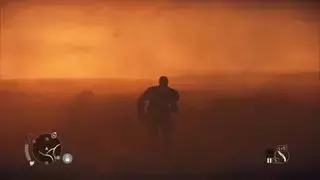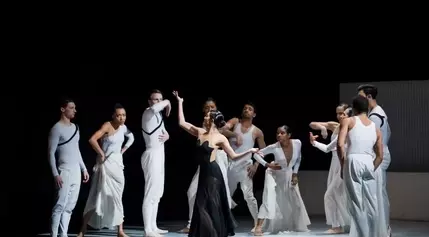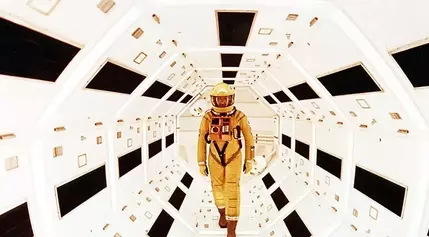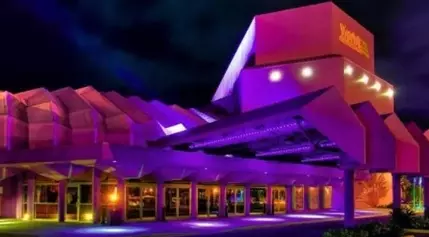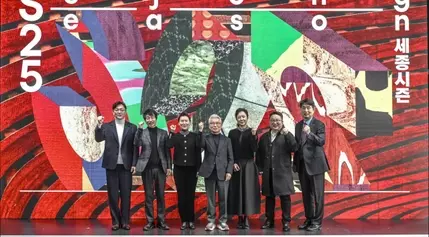For fans of the critically acclaimed 2D platformer Celeste, news of the cancellation of its highly anticipated follow-up, Earthblade, came as a significant blow. In a candid blog post titled "Final Earthblade Update," Extremely OK Games (EXOK) revealed the reasons behind this unexpected decision and shared insights into the future direction of the studio.Discover the True Story Behind Earthblade's Demise
In late December, Noel Berry, EXOK’s computer programmer, made the tough call to cancel Earthblade. The announcement was delayed until now, giving the team time to reflect on the project and their journey. Maddy Thorson, Director of R&D at EXOK, provided a detailed account of the challenges that led to this decision. While success with Celeste had set high expectations, internal disputes and creative fatigue played pivotal roles in shaping this outcome.
A Creative Rift Emerges
A significant turning point occurred when a disagreement arose between Thorson, Berry, and Earthblade’s art director, Pedro Medeiros, over the intellectual property rights of Celeste. Although Thorson chose not to delve deeply into the specifics of the dispute, she confirmed that a resolution was reached. Following this, Medeiros parted ways with the team and embarked on his own project, Neverway. This event marked a critical juncture, prompting Thorson and Berry to reassess the direction of Earthblade.The dispute also highlighted underlying issues within the project. Working on a single game for an extended period can naturally lead to exhaustion, but the team realized that the challenges they faced went beyond mere fatigue. The pressure to surpass Celeste’s success weighed heavily on them, affecting their day-to-day work and overall morale. This introspection revealed that the project had lost its initial spark and vision, leading to the difficult decision to cancel it.
The Weight of Expectations
Celeste’s triumph brought immense accolades and set a high bar for Earthblade. The pressure to deliver something even more ambitious became increasingly burdensome. Thorson acknowledged that this pressure contributed significantly to the team’s exhaustion. “We wanted to create something bigger and better,” she explained, “but the weight of those expectations became overwhelming.” The desire to innovate while maintaining the quality that fans loved proved to be a daunting challenge.Moreover, the creative process itself became strained. What started as an exciting venture gradually turned into a daily struggle. Thorson and Berry found themselves questioning whether they were truly passionate about the project or merely pushing forward out of obligation. This realization was a crucial factor in their decision to step back and reevaluate their priorities.
New Beginnings and Fresh Ideas
Despite the setback, Thorson and Berry are looking ahead with renewed optimism. They have returned to prototyping new ideas, aiming to recapture the spirit that made Celeste and TowerFall such successes. The focus is on creating a development process that fosters creativity and passion without succumbing to the pressures of expectation.This shift represents a return to their roots, where innovation and enjoyment take precedence over external demands. By embracing this approach, EXOK hopes to rediscover the joy of game creation and produce experiences that resonate deeply with players. The future holds promise, as the team continues to explore fresh concepts and possibilities.











